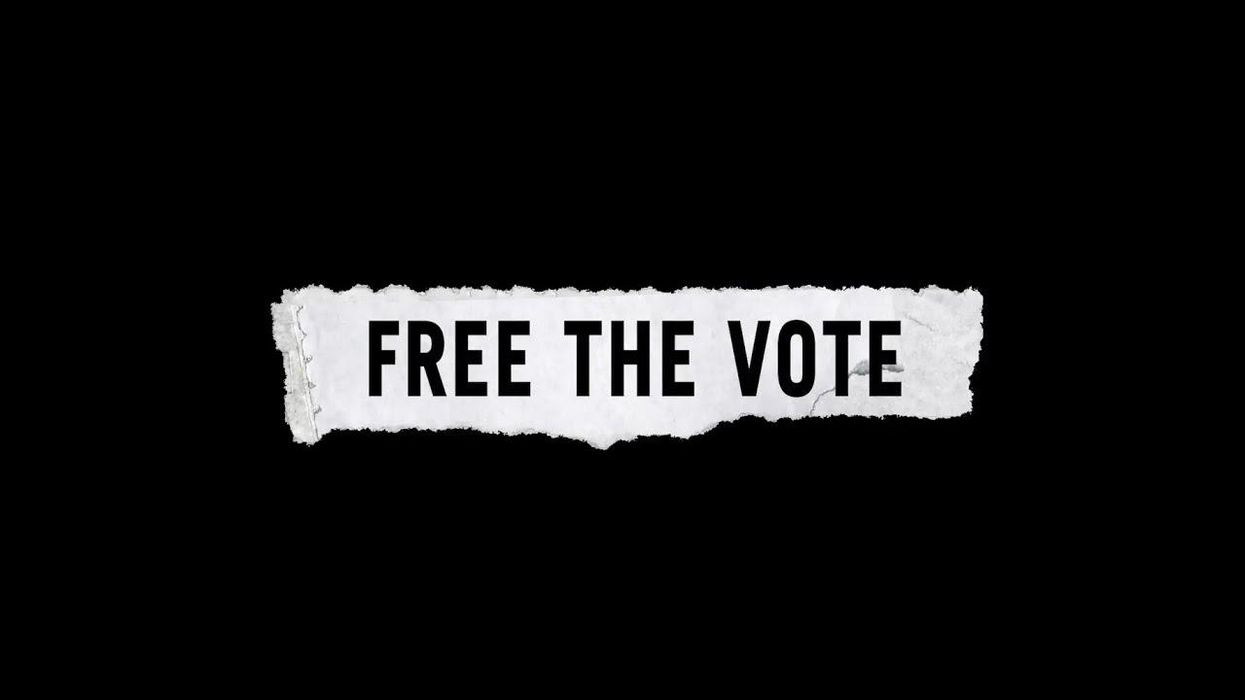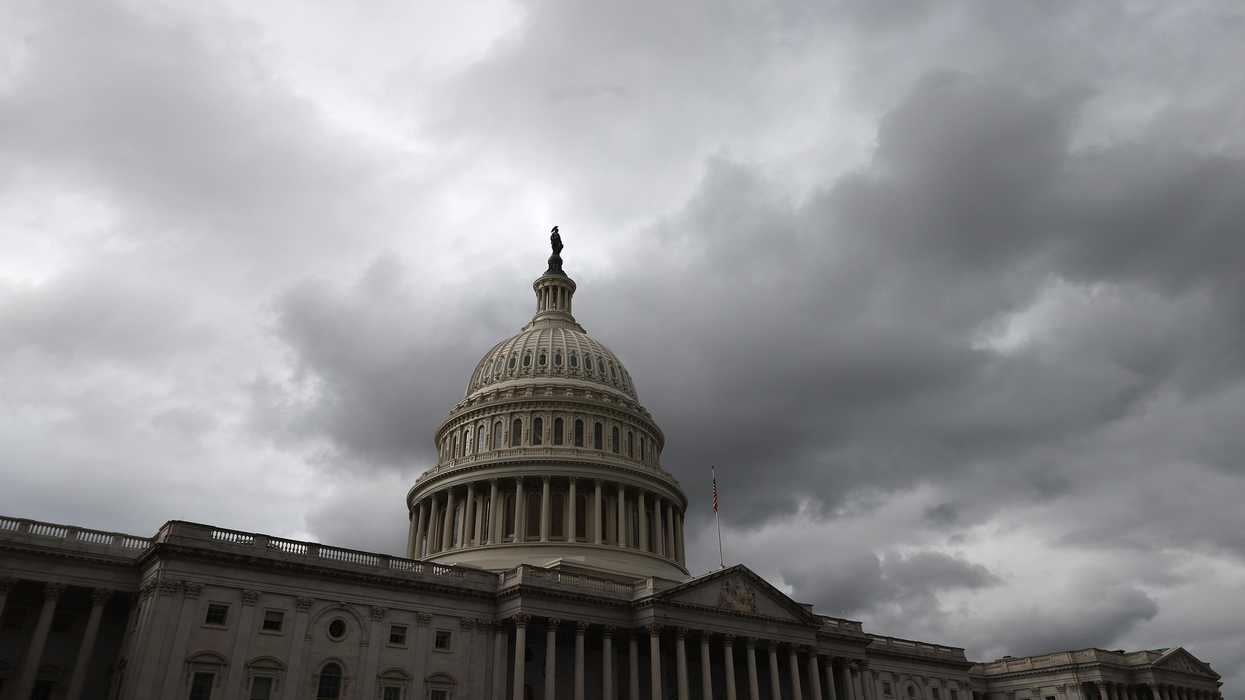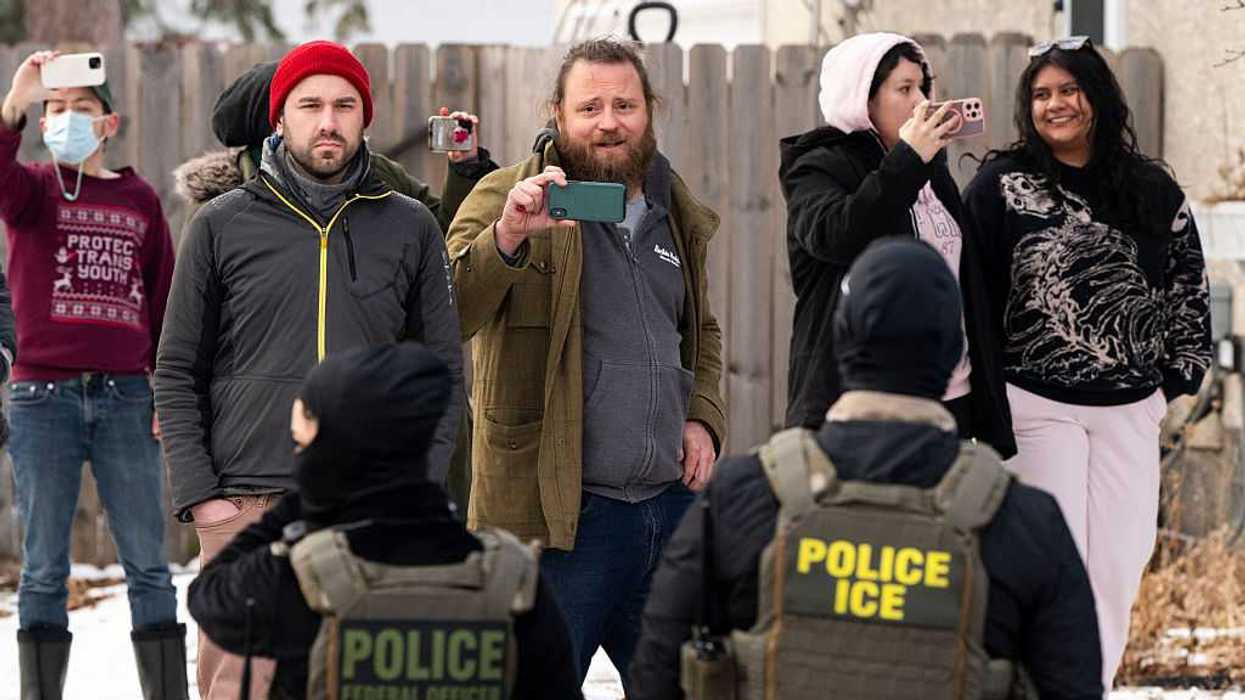Minnesota, which takes pride in posting the biggest turnout numbers year after year, is now the newest home for the debate over a more hot-button aspect of elections: voting rights for convicted felons.
The law is the same in Minnesota as 20 other states: The franchise is automatically restored to felons once they finish probation or parole. But the American Civil Liberties Union maintains such a waiting period violates the state constitution. A judge this summer dismissed the group's lawsuit, and on Monday the ACLU asked the state Court of Appeals to revive its claim.
Bolstering the political power of ex-convicts, who are disproportionately Black and Latino, has become a major goal of civil rights groups. The number of felons at issue in Minnesota is 53,000, an estimated three in eight of them Black men in a state with a 6 percent Black population.
Voting rights for about 2 million felons nationwide have been eased in the past decade through a mix of litigation, legislation, ballot measures and gubernatorial decrees. Californians voted last month to make their state the 17th where felons can register as soon as they get out of prison, which is what the ACLU is suing to achieve in Minnesota.
Proponents say democracy is enhanced, and a bit of racial justice achieved, when political power is given back to people who have paid their debt to society. Opponents say rewarding criminals too soon is an injustice to their victims. The fault lines generally fall along party lines, since the felon vote is reliably Democratic.
The Minnesota appeal says the state's rules violate the due process and equal protection guarantees of the state Constitution. The suit was filed in October 2019 after the Legislature deadlocked on bills that would have allowed felons to vote right after their incarceration ended.
The lawsuit argues the waiting period is unfair because probationary periods vary widely. One plaintiff is on probation for 40 years for a drug possession conviction that led to a year in county jail, while another is on probation for just eight years after serving 17 years for murder. (Since the suit was filed the state has capped most future probationary periods at five years.)
Judge Laura Nelson dismissed the suit in August, ruling the plaintiffs had not shown that convicts have a fundamental right to vote and that the racial and regional disparities in sentencing were something to be addressed by the Legislature, which will be the only one in the country with divided control next year — Democrats in charge of the House and the GOP of the Senate.
Gov. Tim Walz and Attorney General Keith Ellison, both Democrats, have backed a change in the rules.
The switch could propel turnout statewide even higher. It was 80 percent of eligible voters this fall, No. 1 in the country for the fifth consecutive presidential contest.
The Sentencing Project estimates that of the 5 million Americans without voting rights due to felony convictions, three-quarters have done their time.
The attorneys general of 14 states and the District of Columbia have urged the appeals court to rule in favor of the ACLU. "The disproportionate impact of felon disenfranchisement laws on voters of color raises serious state constitutional and democratic concerns," their brief said, adding that Minnesota's law "is out of step with these important interests."




















